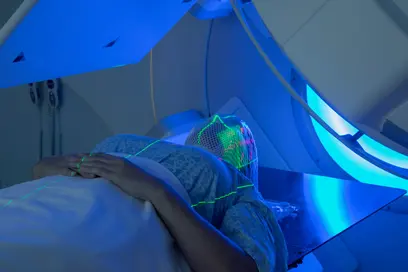The spokesman of the SFB 1324 is Michael Boutros from the University of Heidelberg and the German Cancer Research Center (DKFZ). In SFB 1324, scientists from the DKFZ, the EMBL and the University of Heidelberg (Centre for Organismal Studies, Biochemistry Centre, Interdisciplinary Centre for Scientific Computing) and from the two medical faculties in Heidelberg and Mannheim work closely together across institutions in the Rhine-Neckar region. The Collaborative Research Centre is located at the Centre for Organismal Studies at Heidelberg University.
Research in SFB 1324 focuses on Wnt proteins, which control central processes in embryonic development and cell differentiation as well as in tumorigenesis. They arose very early in the evolution of animals and also play an important role in many human diseases. As universal developmental factors in the animal kingdom, they regulate organ development and control stem cell behavior; they are also involved in the formation of body axes and pattern formation. If disturbances occur in the Wnt signaling network due to mutations or epigenetic dysregulation, serious diseases such as cancer can result.
The scientists involved in the Collaborative Research Center are investigating the Wnt signaling pathway using biochemical, biophysical, genetic and mathematical approaches. After focusing primarily on mechanisms of Wnt signaling transmission during the first funding period, the Heidelberg scientists now want to put the knowledge gained into a spatial and temporal context during organ development and in the development of diseases. Technology infrastructures available in the Rhine-Neckar region in the fields of genome editing and CRISPR/Cas, high-resolution proteomics and quantitative microscopy support the SFB 1324 researchers in their work.



